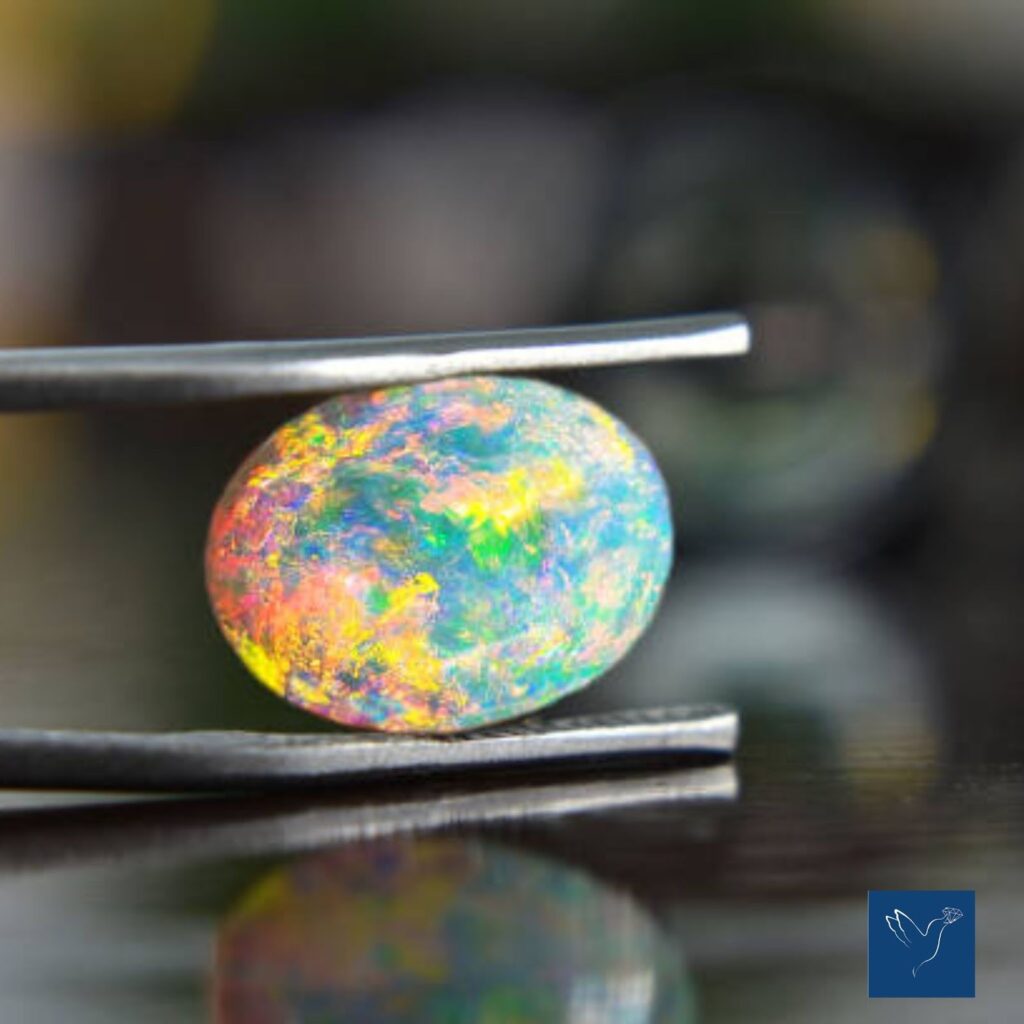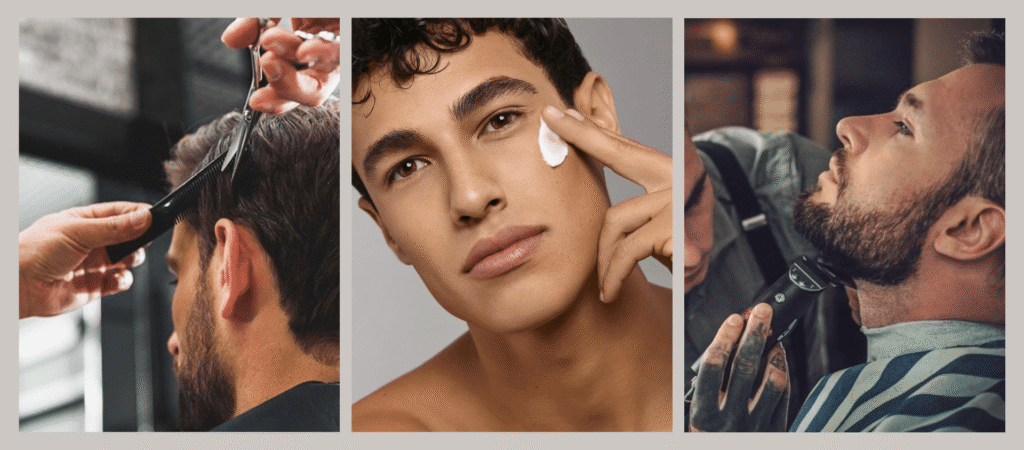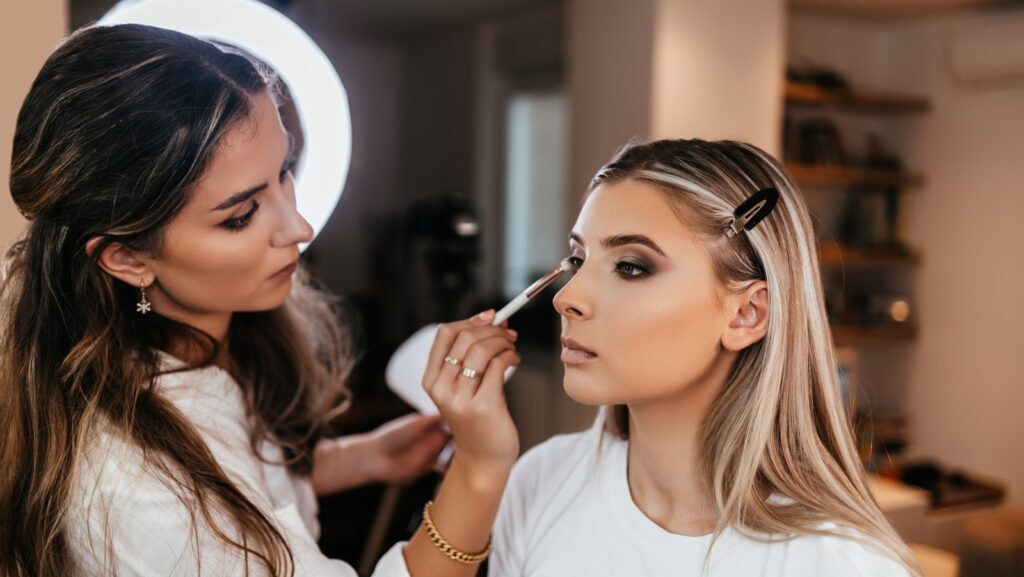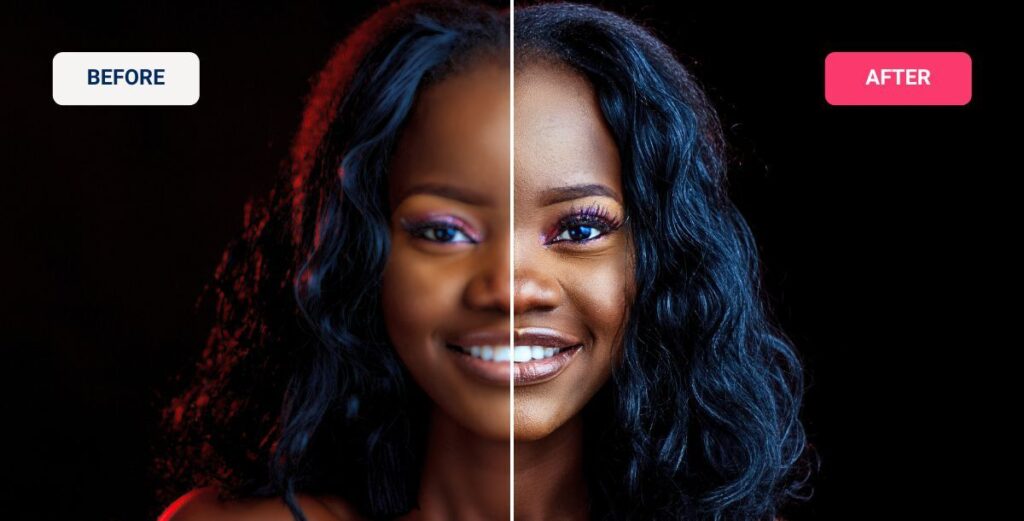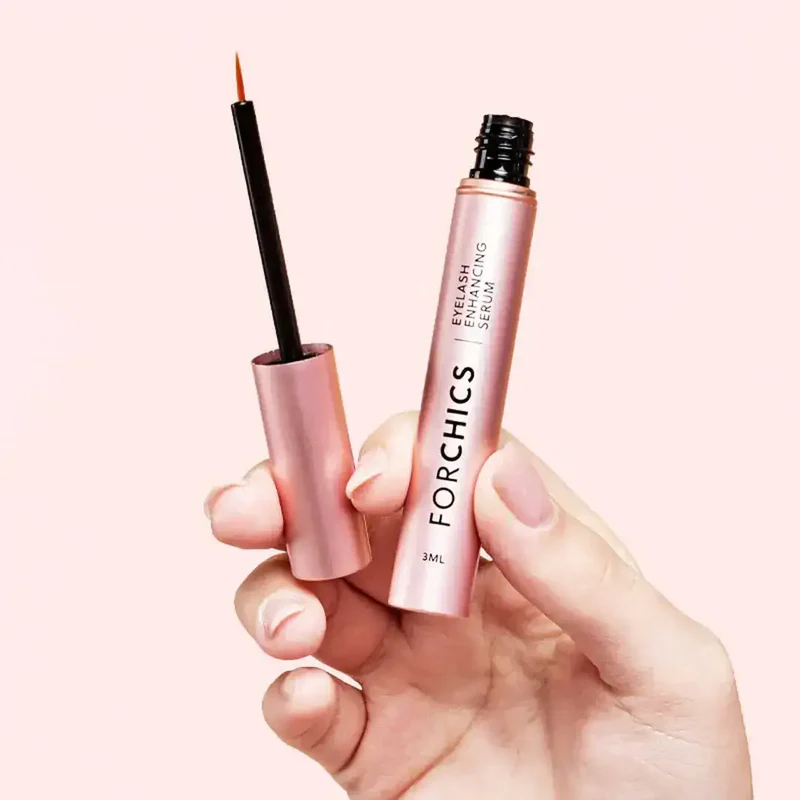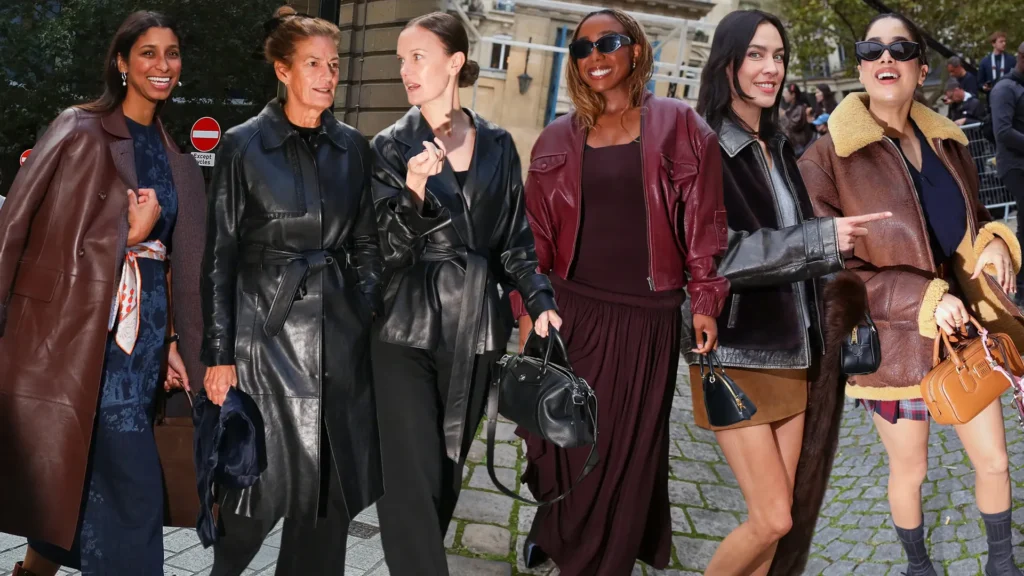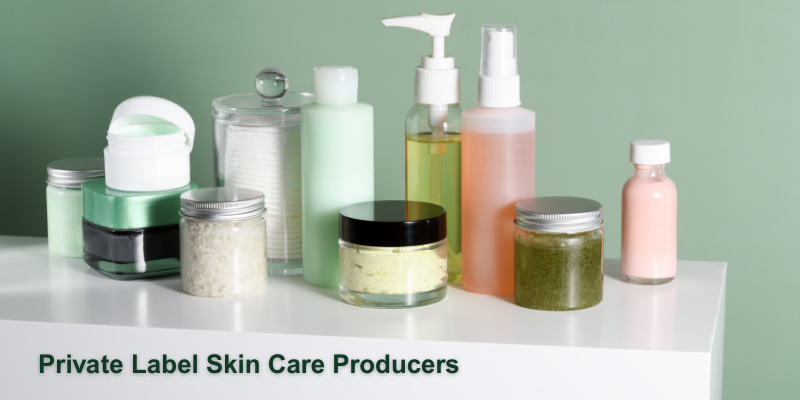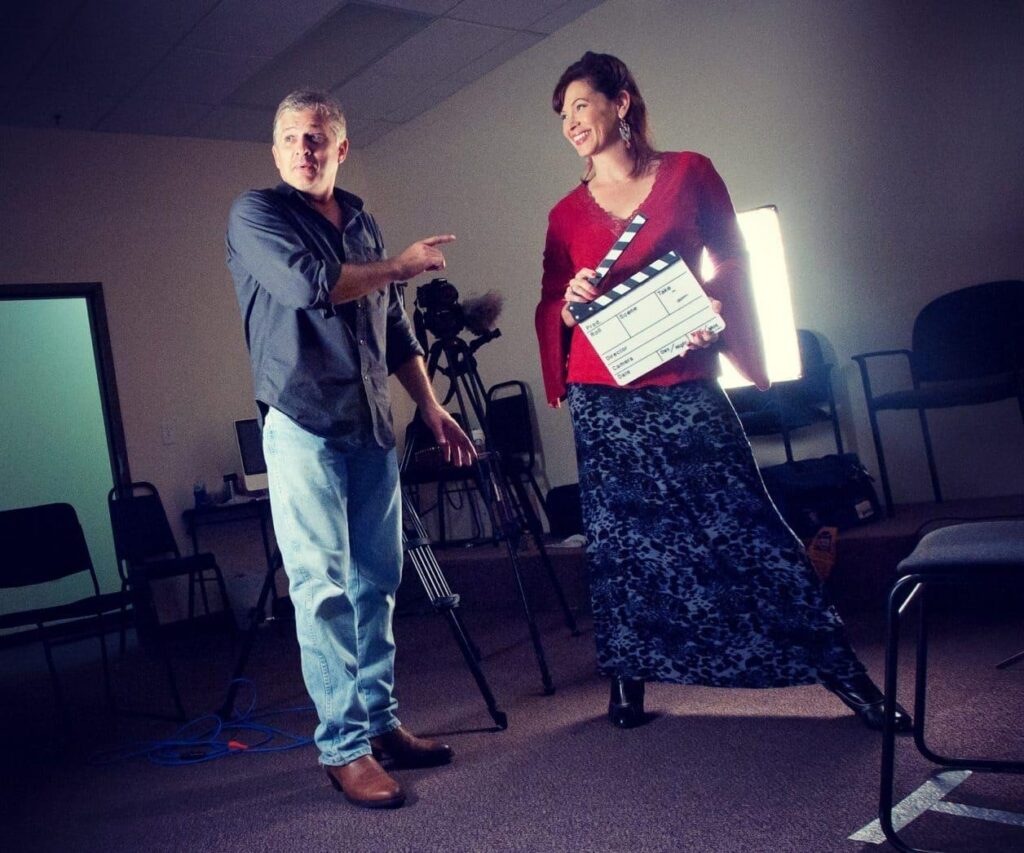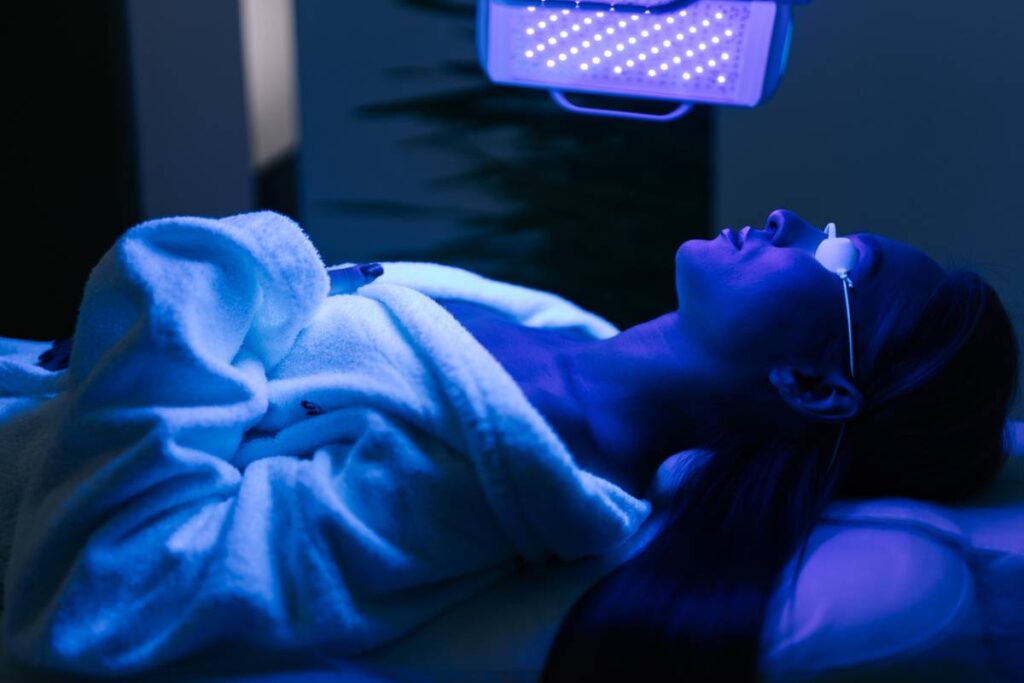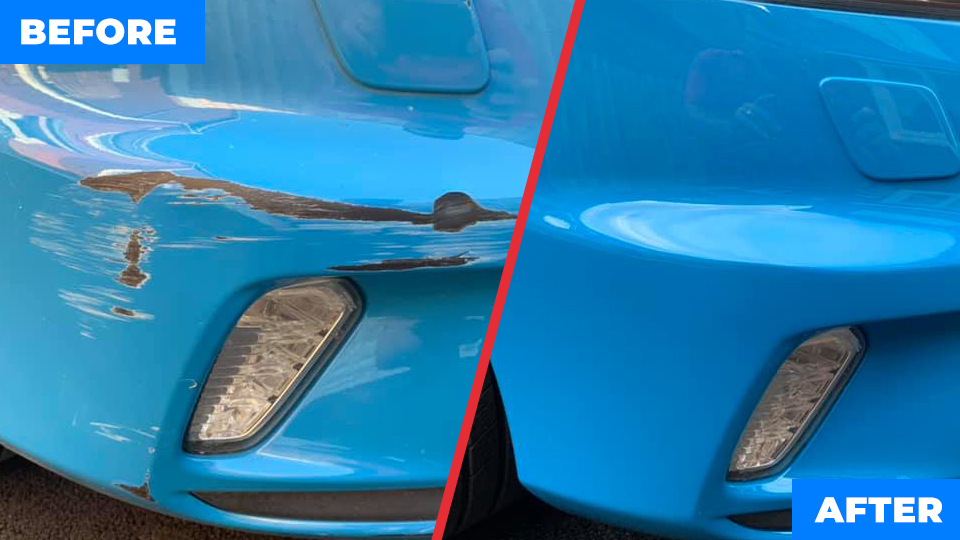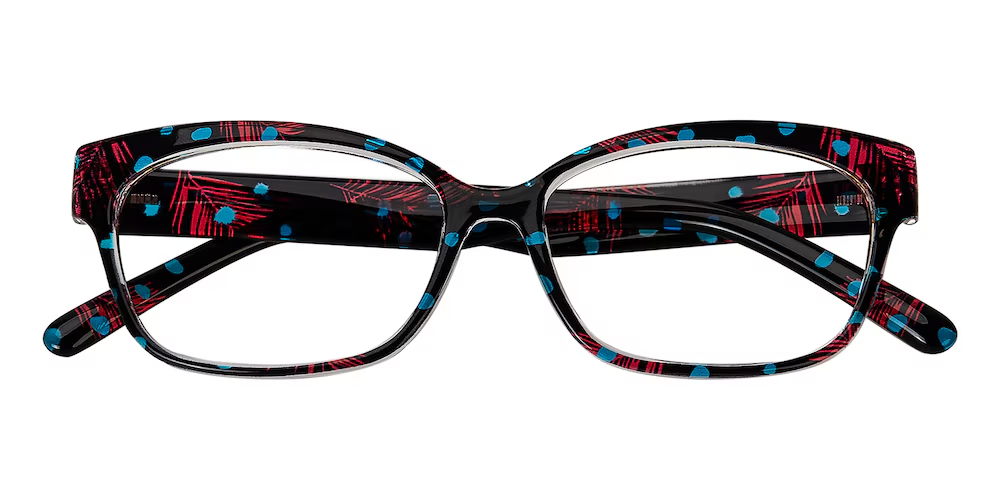How Social Media Has Changed the Way We Think About Plastic Surgery

In the past, plastic surgery was often viewed as a private, and sometimes stigmatized, decision. People considering aesthetic enhancements tended to keep their choices behind closed doors, with little public discussion or visibility. However, social media has dramatically changed this dynamic, reshaping the way we think about plastic surgery. From influencers openly sharing their experiences to beauty filters that shape our self-image, platforms like Instagram, TikTok, and Snapchat have played a pivotal role in normalizing and even glorifying cosmetic procedures.
As the lines between digital and real-life beauty blur, the conversation about plastic surgery has become more transparent and accessible. In this post, we’ll explore how social media has transformed perceptions of cosmetic enhancements, from the rise of influencer culture to the growing normalization of surgery.
The Rise of Influencer Culture and Beauty Standards
Social media influencers have become trendsetters in the world of beauty, showcasing everything from skincare routines to full-scale cosmetic procedures. With millions of followers, many influencers have documented their experiences with plastic surgery, whether it’s rhinoplasty, lip fillers, or breast augmentation. This visibility has played a significant role in shifting how society perceives cosmetic enhancements—no longer seen as something reserved for the rich and famous but as a personal choice that anyone can make.
The influence of beauty standards on platforms like Instagram has also had a profound effect. The “Instagram face” has become a cultural phenomenon, characterized by features such as smooth skin, full lips, high cheekbones, and a contoured jawline. These highly curated beauty standards have led many individuals to seek cosmetic procedures to achieve these looks. For some, this might mean getting lip fillers or Botox to enhance their appearance, while others may opt for more invasive procedures.
However, as influencers continue to share their journeys, the transparency they bring helps demystify the process. The more people see surgery or non-surgical enhancements in everyday life, the less intimidating it becomes. The constant exposure to both the successes and challenges of cosmetic procedures encourages open conversations and reduces the stigma once associated with plastic surgery.
Filter Culture and the “Snapchat Dysmorphia” Phenomenon
In the age of social media, filters have become ubiquitous, allowing users to alter their appearance with just a swipe of their finger. Whether it’s smoothing out imperfections or enhancing features, filters give us the ability to create a “perfect” version of ourselves. While these filters can be fun and entertaining, they’ve also contributed to a phenomenon known as “Snapchat Dysmorphia.”
Snapchat Dysmorphia refers to the desire to look like one’s filtered self—often seen in patients who bring in selfies taken with filters to plastic surgeons, requesting enhancements to match their digitally altered appearance. It’s no surprise that this trend has been fueled by the rise of beauty filters on Snapchat, Instagram, and other platforms, where people are exposed to an unrealistic portrayal of beauty. These filters shape our perceptions of what we should look like, leading some individuals to feel that their natural appearance is flawed.
Plastic surgeons have noted an increase in patients seeking procedures that mimic their filtered selves, ranging from eyebrow lifts to changes in facial proportions. While this trend may seem harmless on the surface, it highlights the pressure to meet digital beauty ideals. The growing demand for procedures that mirror the “filter effect” underscores the influence of social media in shaping beauty standards.
Transparency and Normalization of Cosmetic Enhancements
One of the most significant shifts brought about by social media is the growing transparency surrounding cosmetic procedures. In the past, plastic surgery was often something people kept to themselves, but today, many patients, including celebrities and influencers, openly share their before-and-after transformations. Platforms like TikTok, Instagram, and YouTube are filled with plastic surgery vlogs, where individuals document their experiences, from consultations to recovery.
This newfound openness has played a huge role in normalizing cosmetic enhancements. By sharing their personal stories, people are helping to break down the taboo surrounding surgery, showing that it’s not something to be ashamed of. More than ever, people are viewing cosmetic surgery as a personal choice—a way to improve one’s self-esteem, enhance features, or correct insecurities.
Moreover, this transparency has created a supportive community for those considering or recovering from surgery. On social media, patients can connect with others who have undergone similar procedures, exchanging advice and offering encouragement. This sense of shared experience reduces the anxiety that often comes with the unknowns of surgery and provides much-needed support during the recovery process.
The Double-Edged Sword: Unrealistic Expectations and Mental Health
While social media has played a major role in normalizing plastic surgery, it’s important to acknowledge the potential negative impact it can have on mental health and body image. The constant exposure to digitally enhanced beauty standards can foster unrealistic expectations, leading individuals to compare themselves to filtered, edited, and curated versions of others.
Studies have shown a growing concern among younger generations, particularly teens, who are heavily influenced by the beauty standards promoted on platforms like Instagram. Many individuals are now striving to look like their favorite influencers or celebrities, sometimes disregarding their own unique features in the process. This phenomenon can contribute to body dissatisfaction and even lead to a condition known as “Body Dysmorphic Disorder” (BDD), where individuals have an obsessive focus on perceived flaws in their appearance.
It’s crucial to remind ourselves that social media often presents an idealized, airbrushed version of reality, and what we see online doesn’t always reflect the truth. While cosmetic surgery can be empowering for some, it’s essential that people approach it with the right intentions, ensuring that their desire for change stems from a genuine desire for self-improvement rather than external pressure or comparison.
If you’re considering plastic surgery, it’s important to reflect on your motivations and ensure you’re making an informed decision. Consulting with a licensed, experienced surgeon and undergoing a mental health evaluation, if needed, are essential steps in the process.
The Role of Plastic Surgeons in the Social Media Era
As social media continues to influence the world of plastic surgery, the role of plastic surgeons has evolved as well. In the past, surgeons relied on traditional marketing methods, such as word-of-mouth and print ads. Today, many surgeons are using social media to educate patients, share results, and promote their practice. By actively engaging with potential clients on platforms like Instagram and YouTube, plastic surgeons have the opportunity to build trust and credibility.
Plastic surgeons are increasingly becoming voices of authority in the digital space, using their platforms to provide accurate, educational content about procedures, safety, and recovery. For example, Dr. Cat Begovic, a renowned Beverly Hills plastic surgeon, regularly shares valuable insights on non-surgical procedures that can complement traditional cosmetic surgery. Her article on non-surgical anti-aging treatments, which covers options like chemical peels, microdermabrasion, and laser therapy, is a great resource for anyone looking to enhance their appearance without going under the knife. Some surgeons also address the ethics of certain cosmetic trends, such as the popularity of extreme procedures or the rise of Instagram face trends, helping to guide patients towards more balanced, realistic expectations.
One of the most beneficial aspects of this digital interaction is the ability to showcase real patient experiences. Surgeons often post patient testimonials, before-and-after images, and recovery stories that give prospective patients a more accurate picture of what they can expect. While social media allows for creative marketing, ethical surgeons use these tools to prioritize patient education and informed consent.
As a potential patient, it’s crucial to seek out surgeons who use their social media presence for educational purposes and responsible communication. This helps ensure that you’re making an informed decision and choosing a professional who values transparency and ethical practice.
Moving Forward: Empowered, Informed Choices
The influence of social media on plastic surgery has both positive and negative aspects, but one thing is clear: it’s here to stay. While platforms like Instagram, TikTok, and Snapchat have helped normalize and demystify plastic surgery, they also come with the challenge of managing unrealistic beauty standards and expectations. As consumers, it’s essential that we remain empowered to make informed, thoughtful decisions about cosmetic enhancements.
Before undergoing any procedure, take the time to research thoroughly. Watch vlogs, read articles, and, most importantly, consult with a board-certified surgeon who is open about the risks and benefits of surgery. Be realistic about the results you expect and ensure that you are making the decision for the right reasons—not because of external pressure or the desire to conform to an idealized standard of beauty.
Remember, beauty is not one-size-fits-all. Social media may present us with a narrow view of what is “ideal,” but in reality, everyone has their own unique features that make them beautiful. Plastic surgery, when done thoughtfully and responsibly, can help you feel more confident in your own skin—but it should always be a decision that empowers you, not one that comes from external pressures.
Conclusion
In conclusion, social media has undeniably reshaped the way we perceive plastic surgery. From influencer culture to the widespread use of beauty filters, these platforms have made cosmetic procedures more accessible, visible, and normalized. While this transparency has empowered many individuals to explore their options and make informed decisions, it has also introduced new challenges, such as unrealistic beauty standards and the pressure to conform to digitally enhanced ideals.
Ultimately, the key is to approach plastic surgery with careful consideration, self-awareness, and a focus on what makes you feel confident and happy in your own skin. Social media can be a valuable tool for learning and connecting with others, but it’s essential to remain critical of what we see online and ensure that any decisions about surgery are made for the right reasons.
By doing thorough research, seeking professional advice, and embracing your unique beauty, you can navigate the world of cosmetic enhancements in a way that aligns with your personal goals and values. After all, beauty is not defined by a filter—it’s defined by how you feel about yourself.




